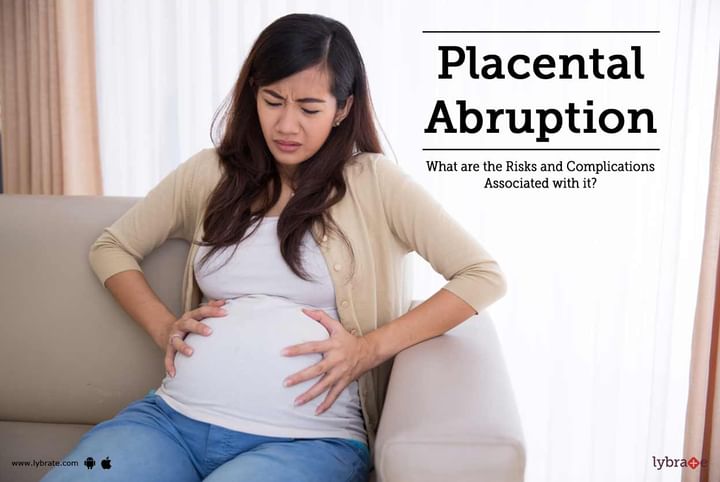Placental Abruption - What are the Risks and Complications Associated with it?
Pregnancy can have a number of complications. One of these is known as placental abruption. This is a serious yet uncommon complication. The placenta is a structure in the uterus that nourishes the growing baby. In rare cases, this placenta can get peeled off- partially or completely, before delivery. This is known as placenta abruption and deprives the baby of oxygen and essential nutrients and can cause the mother to experience heavy bleeding. If left untreated, this condition can put the life of both the baby and mother in jeopardy.
The cause of placental abruption has is still not known, but there are a number of conditions that can increase the risk of suffering from this condition. This includes:
- A prior placental abruption
- High blood pressure
- Abdominal trauma such as a fall or blow to the abdomen
- Substance abuse or smoking
- Premature rupturing of the amniotic sac that surrounds the baby
- Any condition that reduces your blood’s ability to clot
- Multiple pregnancies
- Pregnancy after the age of 40
A placental abruption can be diagnosed through blood tests, an ultrasound and a non stress test to check the baby’s heart rate. Placental abruption affects the life the mother and baby in many ways. For the mother, it can result in excessive bleeding that triggers shock, blood clotting problems and the need for a blood transfusion. It can also cause kidney, liver and pituitary gland failure. Even after delivery, the mother may still experience vaginal bleeding. If this cannot be controlled, an emergency hysterectomy may also be required. The uterus may also not contract properly after delivery and the mother may need medication to help the uterus contract back to its original position.
Placental abruption deprives the baby of essential nutrients and can lead to premature birth or stillbirth. After delivery the baby may suffer from breathing and feeding difficulties. The baby may also be born with low levels of oxygen in the blood. Low blood pressure and low blood count can also be triggered by this condition. In severe cases, it can also lead to brain damage and death shortly after delivery.
Placental abruption can be prevented by following a healthy diet that helps regulate blood pressure. Get plenty of rest and take multivitamins regularly to reduce the risk of suffering from this condition. Lastly, if you experience any contractions or vaginal bleeding, consult your gynaecologist immediately.



+1.svg)
